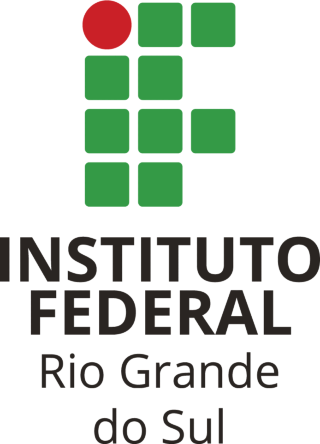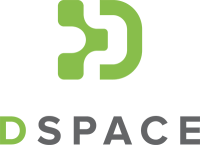Aprendizagem maker nas escolas: a importância do pensar da gestão escolar para a otimização das ações educativas makers
| Title: | Aprendizagem maker nas escolas: a importância do pensar da gestão escolar para a otimização das ações educativas makers |
| Author: | Arusievicz, Fernanda Costa |
| Abstract: |
Esta pesquisa investigou estratégias à gestão escolar a fim de ampliar e promover a implementação da aprendizagem maker nas escolas, buscando garantir que a cultura maker não fique limitada a equipes de robótica ou atividades restritas, de modo que sua potencialidade seja direcionada ao processo educativo como um todo. Para embasar essa pesquisa, realizou-se a revisão bibliográfica, trazendo à luz autores como: Jean Piaget, John Dewey, José Armando Valente, José Moran, Lilian Bacich, Mitchel Resnick, Paulo Blikstein, Paulo Freire, Neil Gershenfeld, Seymour Papert, Sylvia Libow Martinez, Gary Stager. Além disso, foi conduzida uma revisão narrativa da literatura no intuito de identificar dissertações e teses alinhadas com a temática do presente estudo. Com isso, procurou-se elucidar no transcorrer desta dissertação, as principais teorias que embasam o movimento maker e as diferentes concepções que existem de acordo com a perspectiva dos autores que sustentam a forma de atuação de cada espaço maker, ou seja, de acordo com a abordagem que cada espaço maker terá no ambiente educacional. Esse estudo também incluiu uma pesquisa de campo, que teve como objetivo identificar as necessidades, conhecimentos e informações sobre espaços maker e cultura maker por parte dos gestores e educadores. E, com base nos dados coletados e analisados, desenvolveu-se o Canvas CEME (Cultura e Espaço Maker Educacional), um artefato tecnológico que visa facilitar a reflexão, o planejamento, a execução e o monitoramento da gestão escolar na implementação da aprendizagem maker no contexto educacional. Em suma, por meio da revisão bibliográfica, revisão narrativa da literatura e pesquisa de campo, embasou-se a proposta do Canvas CEME como uma ferramenta tecnológica, que visa instrumentalizar o gestor escolar no sentido de facilitar a gestão e a integração da cultura maker no contexto educativo, de acordo com cada realidade escolar de forma abrangente, tendo após avaliação por grupo de gestores a aprovação, pois por meio da análise dos dados evidenciou-se que cultura maker gera mudanças significativas na prática educacional e que, para abranger a escola, necessita de um viés institucional, de formações docentes e entendimento por parte de todo o corpo docente da importância dessa mudança de atitude para o envolvimento e aprendizagem dos alunos. This research investigated school management strategies in order to expand and promote the implementation of maker learning in schools, seeking to ensure that the maker culture is not limited to robotics teams or restricted activities, so that its potential is directed to the educational process. We conducted a bibliographic review to support this research, bringing to light authors such as: Jean Piaget, John Dewey, José Armando Valente, José Moran, Lilian Bacich, Mitchel Resnick, Paulo Blikstein, Paulo Freire, Neil Gershenfeld, Seymour Papert, Sylvia Libow Martinez, Gary Stager. In addition, a narrative review of the literature was conducted in order to identify dissertations and theses aligned with the theme of the present study. We tried to elucidate, in the course of this dissertation, the main theories that support the maker movement and the different conceptions that exist, according to the perspective of the authors, that support the approach of each maker space, that is, according to the approach that each makerspace will have in the educational environment. This study also included a field survey, which aimed to assess needs, knowledge and information about maker spaces and maker culture among managers and educators. And, based on the data collected and analyzed, Canvas CEME (Educational Maker Culture and Space) was developed, a technological artifact that aims to facilitate reflection, planning, execution and monitoring of school management in the implementation of maker learning in the educational context. In short, through a bibliographical review, narrative review of the literature and field research, the proposal of Canvas CEME was based as a technological tool, which aims to equip the school manager in order to facilitate the management and integration of the maker culture in the educational context, according to each school reality in a comprehensive way, having approval after evaluation by a group of managers, because through the analysis of the data it was evidenced that the maker culture generates significant changes in the educational practice and that to cover the school it needs an institutional bias, teacher training and understanding by the entire faculty of the importance of this change in attitude for student involvement and learning. |
| URI: | https://dspace.ifrs.edu.br/xmlui/handle/123456789/876 |
| Date: | 2023 |
Files in this item
| Files | Size | Format | View | Description |
|---|---|---|---|---|
| 123456789876.pdf | 3.179Mb |
View/ |
Texto completo |



